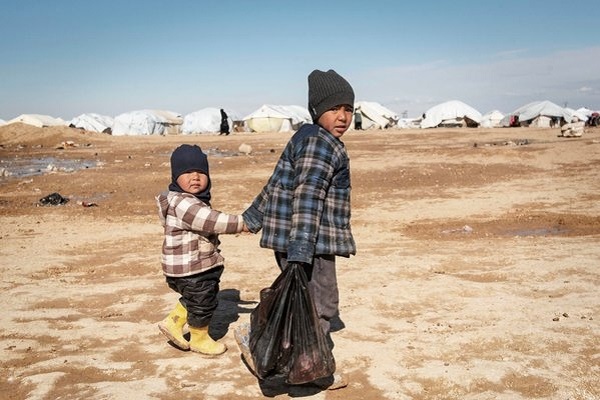United Nations, (Asian independent) The humanitarian situation in Syria remains dire amid a worsening economic crisis, said Joyce Msuya, the Deputy UN Relief Chief.
As the eyes of the world turn to other conflicts, Syria is on the verge of becoming a forgotten crisis. Yet millions of Syrians struggle each month to survive. For many, their situation has never been direr since the civil war erupted in 2011, she told the Security Council on Tuesday.
Fighting in many areas continues, and civilians, including women and children, are being killed and injured. The economic crisis continues unabated, she added.
Fuel shortages and lack of electricity impact the delivery of basic services, including health, education, and water and sanitation. Food and fuel prices are spiraling higher every month, putting the basic necessities for a healthy and dignified life even further out of reach for millions of people. Food prices rose another 18 per cent between February and March, said Msuya, Assistant Secretary-General for Humanitarian Affairs and Deputy Emergency Relief Coordinator.
Reliable access to sufficient and safe water across the north remains a major challenge. Unprecedented water shortages last year are already taking their toll on farmers and livestock producers. Some sub-districts in the Northeast are reporting harvest losses of more than 75 per cent. The loss of crops and of agricultural livelihoods will likely worsen already high rates of food insecurity and malnutrition. Women and girls are disproportionately affected due to their prominent role in agriculture, she added.
She said that a staggering 4.1 million people in the Northwest need humanitarian aid. Nearly 1 million people are living in tents, half of which are beyond their normal lifespan. Most are women and children, Xinhua news agency reported.
“For Syrians living through the 12th year of this crisis, the future looks bleak. As the economic and food security outlook worsens, the resources available for our emergency response are dwindling. We simply do not have the money needed,” Msuya added.
“Rapid and substantial investments are now required to help us break the vicious cycle of suffering, violence and despair. We count on the generous support of donors and the cooperation of Syrian authorities,” she said.








